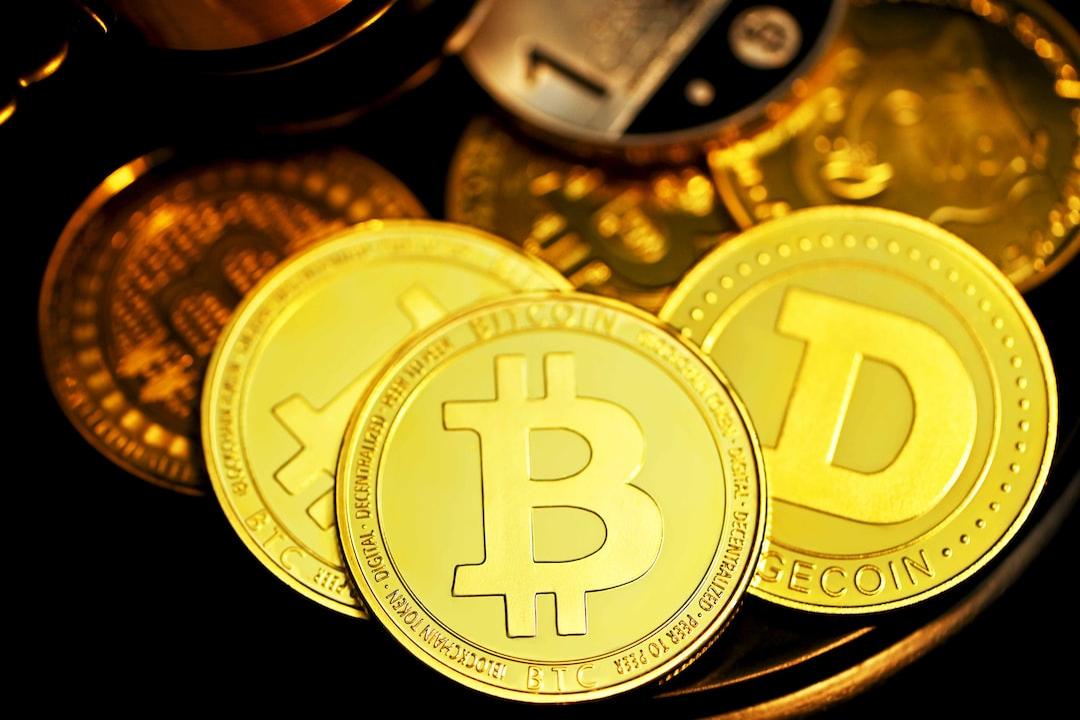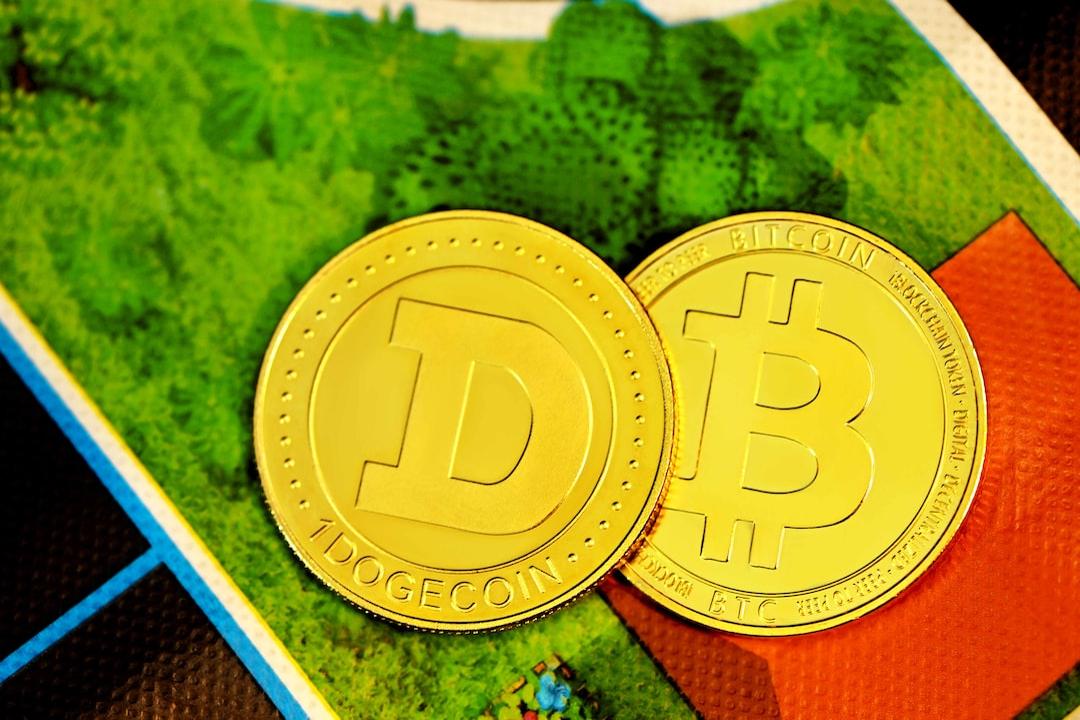Recent Controversies Faced by Binance: Analysis of the Differences between Traditional Listings and Cryptocurrency Project Listings, and Discussion of their Deficiencies and Future Directions, along with Proposed Solutions. This article is sourced from a publication by 0xTodd, compiled and translated by PANews.
Summary: Binance Faces Listing Controversy, Explores the Differences and Deficiencies of Traditional Listings and Cryptocurrency Project Listings
The two most important purposes of traditional company listings are as follows:
1. Refinancing and expanding production
2. Endorsement
Both are aimed at enabling companies to gain competitive advantages and create more profits for themselves and their shareholders. Additionally, they have the following objectives:
3. Founder and investor exit
4. Employee incentives
The former is a real benefit and encourages the birth of more businesses in society; the latter increases employee loyalty and leads to business advantages.
Importance: 1 > 2 > 3 > 4
This is why people often say, “Capital can reproduce itself,” because all goals ultimately aim to earn more money through business advantages.
Furthermore, many companies do not even want to go public, such as ByteDance and Huawei, because they are already making enough money on their own and do not need to expand their business advantages through refinancing.
The harsh reality of our industry is clear: 99% of cryptocurrency projects do not generate profits.
The purpose of expanding business advantages does not exist from the beginning. Investing in reproduction is meaningless and leads to greater losses with increased investment.
Therefore, only objectives 3 and 4 remain, which are the exit of founders, investors, and employees.
Traditional listings have strict requirements and obligations:
Before listing, there must be a reputable institution to sponsor the IPO, which at least proves that the founder and the business model have no major issues. The founder needs to understand the expensive nature of this opportunity and avoid reckless behavior. The sponsoring institution also highly values its reputation and will not engage in excessive off-market activities.
However, the problem with cryptocurrency protocols is that they enjoy the benefits of traditional listings, such as investor exit and employee incentives, without assuming any obligations of traditional listings:
Before listing, project teams do not have sponsoring institutions. Many founders are not even aware of the rigorous nature of listing. On the contrary, most projects are anonymous and do not consider future reproduction.
Therefore, bribery, fraud, fake volume, and deception are all fair game, as there will be no punishment!
Important things must be mentioned three times:
There will be no punishment;
There will be no punishment;
There will be no punishment.
Neither the project team, exchange employees, nor the exchanges themselves will be punished.
The most severe punishment for project teams is being blacklisted by exchanges.
But what does being blacklisted really mean?
Using a classic thought experiment: If you were faced with a red button:
A. 50% chance of gaining 10 million
B. 50% chance of never being able to press the button again
If it were you, would you press it? You would definitely press it 100 times immediately—what kind of punishment is that?
You can argue that Binance and Coinbase punish corrupt employees through criticism, termination, and even potential legal consequences.
However, obtaining evidence is extremely difficult. Cryptocurrencies are the most difficult assets to trace in the world, even used by Russia, Iran, and North Korea. You should know that our industry has the world’s leading infrastructure in terms of privacy:
I use Signal or Telegram for private chats.
I use cross-chain bridges or even coin mixers for trading.
I use non-KYC exchanges for withdrawals.
Even if Interpol investigates, they may not be able to crack it. What right does your exchange’s internal audit department have to claim that it can solve corruption?
Moreover, corruption is implemented very covertly:
A few good words within the exchange, a few suggestions at project team meetings are enough.
Even if your leader is caught up in an information bubble, choosing silence instead of exposing it completes the entire bribery process.
Therefore, as Jocy mentioned, project teams specifically bribe KOLs who are of interest to exchange owners. Your exchange’s internal auditors, even if Chen Lifu and Mao Zedong were resurrected, cannot solve this unsolvable conspiracy.
Let’s imagine exchanges as physical entities.
Listing a coin that drops by 90% immediately and another 90% a year later is simply a quick way to cut off all users.
Listing a coin that rises 10 times first and then traps users at the top is just smart users cutting off naive users.
It’s just a difference of degrees, but the latter looks better and can be considered a skillful cut—it’s what we call “giving an opportunity.”
Warning: If exchanges continue to use their current listing strategies, they will gradually be eroded or even replaced by DEXs; it’s just a matter of time.
Even one day, I wouldn’t be surprised if a Telegram Bot obtains 5-10% shares of BN, CB, and UB.
——– Separator ——–
Now, let’s enter the realm of imagination. The ultimate solution: Establish two platforms, a main platform and a community platform.

[Main Platform] Gradual Restriction
Immediately stop listing, and if radical, gradually eliminate and delist previously listed tokens.
[Community Platform] New Establishment
The newly established community platform adopts the DEX model, meaning it operates on a registration basis, allowing every project to fairly list their tokens.
Ask yourself, how many tokens are listed on Uniswap or Raydium every day, and when have they been criticized?
When has Hayden Adams been bribed? Even Alpha Ray’s name is fake, and there is no need for him to create information distortion.
There may be some initial struggles, but the benefits are as follows:
In the future, listing on Binance or Coinbase will no longer be the end point for project teams; rather, it will be the beginning of their struggle, aspiring to create outstanding applications (otherwise, they won’t make money).
Value discovery will be completely entrusted to the community, rather than the listing team or the investment department. The registration system can perfectly solve the problem of “why is BN always the last to list.”
If there is a future star in the crypto space, it will never be missed. And the garbage tokens will never deceive more people through unfair means.
Looking forward to the day when this decision is made. It is a great yet ruthless choice. However, once successful, it may even reverse the entire atmosphere of the industry, halt the trend of “To Binance” and “To Coinbase,” and give birth to a true killer app like ChatGPT.
Never violate human nature; never go against the laws of business.



